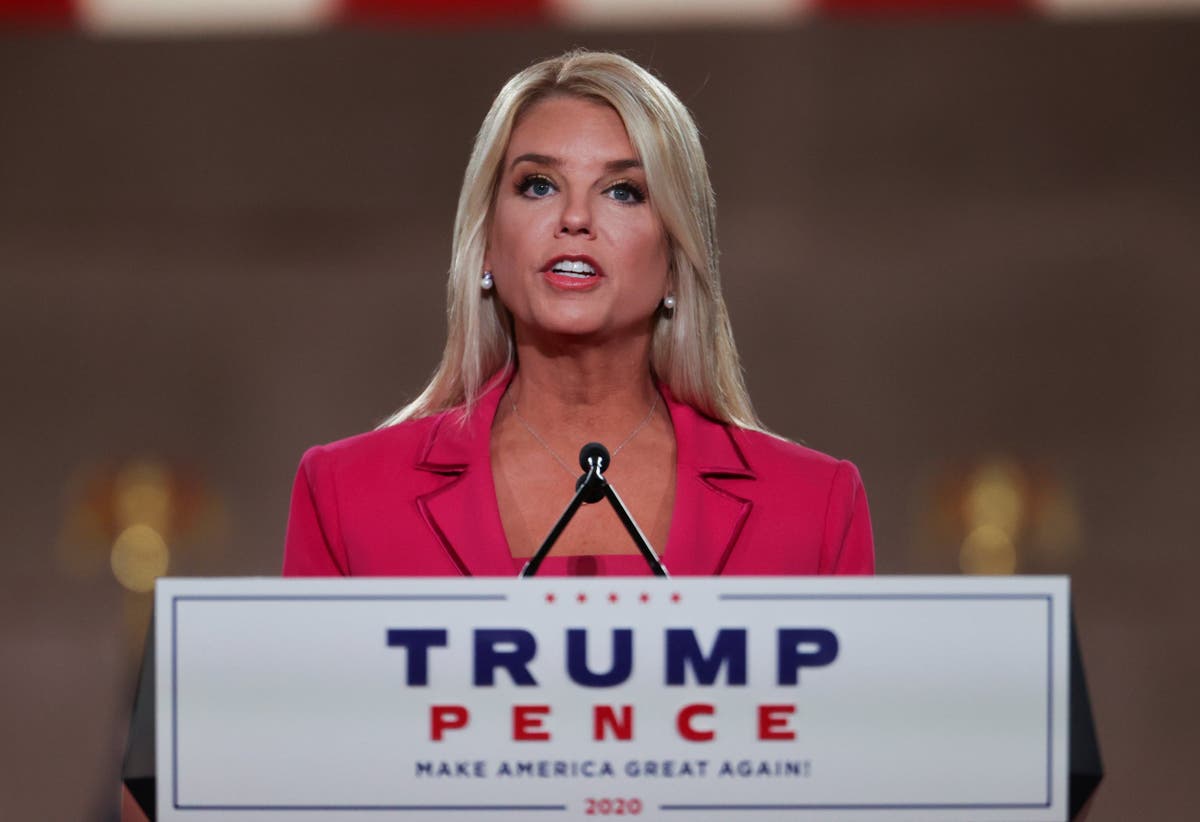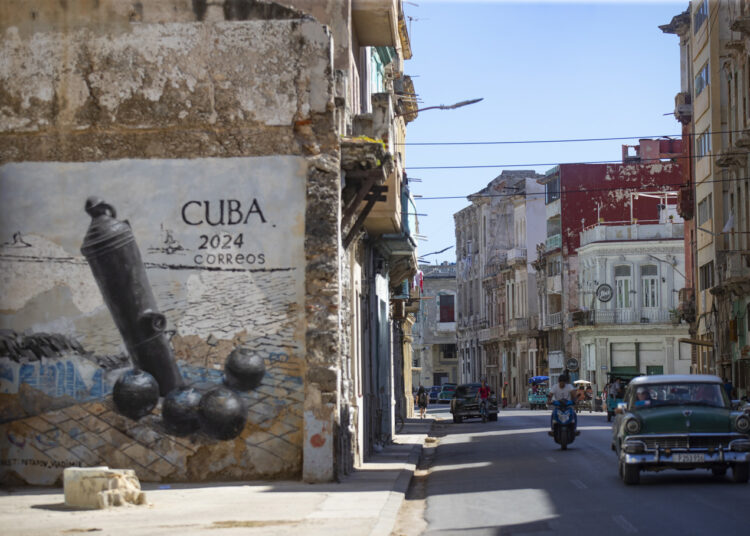
Editor's note: The column originally published on Aug. 16. It’s the unexpected things that pop up that challenge elected leaders.
These things — which can range from social unrest to natural disasters to even an unwanted strip club — aren’t captured in campaign platforms. Of Tulsa’s 40 mayors, only six have served in the current strong mayor system of city government. Tulsa voters approved a charter change on Valentine’s Day in 1989 — using the campaign slogan “For the Love of Tulsa” — to move from a commission form of government to a mayor/council structure.
The mayor serves as the executive branch, and the City Council acts as the legislative body. City elections became nonpartisan in 2013 after voters approved the change in November 2011. People are also reading.
.. A former Sooner will be Mike Gundy's last resort at QB this season Mike Gundy sends message to Oklahoma State football fans McAlester places head football coach Forrest Mazey on administrative leave More signs point to Meta data center coming to Tulsa Long lines for early voting at Tulsa County Election Board locations Oklahoma State announces second-half kickoff time vs Arizona State following weather delay Berry Tramel's Oxford travelblog: Ole Miss is not the same place it once was OSU veterinary school placed on probationary accreditation, dean steps down $2.
5 billion Vinita theme park to be delayed years, but developers say they are still all in ‘It just looked erratic’: Gundy expressed frustration with coaching following ASU loss Voter Guide: Tulsa mayor, city council, Legislature, Congress, judges, state questions POLL CLOSED: Vote for the Bill Knight Automotive high school football player of the week for Week 9 Electric vehicle startup Canoo furloughs workers in Oklahoma City City releases final version of Cry Baby Hill roadside attraction statue Mike Gundy hosts radio shows at a senior living community. The residents have questions The Tulsa mayor has been compared to a CEO, but that’s not entirely accurate. The mayor is bound by regulations in overseeing a workforce with merit protections and by rules requiring City Council approvals.
There is public scrutiny as outlined by the Oklahoma Open Meeting and Open Records acts. The role is more public policy than private business or political maneuvering. I asked all the past mayors who have served in the strong-mayor structure this question: “What challenges did you face that you never expected?” There are some similarities among the responses.
They have fond memories of their time in office and express frustration with the city’s reliance on sales tax, an inconsistent funding source. They talk about the never-ending schedule, camaraderie with staff, coalitions built across differences, pressure to represent the entire city and honor in being elected. They did not speak of liberal or conservative positions.
Also, all remember a time when half the city was mad at them. That’s the job — being loved and hated at times, because some decisions won’t make everyone happy. ‘Admit problems’ Rodger Randle was the last mayor to serve in the commission form of city government and the first to serve in the mayor/council structure.
He left office mid-term, in 1992, to become president of what was then known as the University Center at Tulsa. He is currently director of the University of Oklahoma Center for Studies in Democracy and Culture at OU-Tulsa. First elected in 1988, Randle said most of his first term was consumed by the charter change.
A federal lawsuit filed by the NAACP alleging that the at-large election of commissioners violated federal voting rights amendments by diluting the Black vote. The mayor-council structure was to ensure better representation and was passed by voters with more than 70% approval. Randle pushed for the charter change election, believing that Tulsans — not the courts — should choose their destiny.
“I knew this was a possible issue, but it was never discussed that I recall during the campaign. It took on unexpected urgency shortly into my term,” he said. In describing life at City Hall, Randle quotes former Oklahoma Gov.
Alfalfa Bill Murray when asked what it was like to be governor: “Well, it was just one damned thing after another.” Keeping on top of potential bad news before reporters made it public was a challenge, he said. “The trick, in my experience, was to have a flow of information to the Mayor’s Office so that you learned about a problem before the press did,” he said.
“And therefore, you could be the one to announce the problem at the same time you outlined the steps you were taking to fix it.” If the media reported on a problem, Randle said, a mayor needs a system of quick verification and response. “The normal human response to these things is to deny the existence of the problem, but this doesn’t work.
It makes things worse,” Randle said. “If you have a problem, admit it. But also be on top of it and show yourself to be a problem solver.
This is a corollary of my old rule with the press: Staff should happily provide with a smile anything that the press could get with a court order. “Don’t fight fights you are going to lose, unless it is for theatrical reasons.” ‘Engage in daily work’ In a 1992 special election held when Randle left office mid-term, Susan Savage emerged with 41% of the vote from a field of 54 candidates in a winner-take-all race in which no primary was held and no filing fee was required.
She had served as Randle’s chief of staff and mayor pro tem in his absence — and filed for office less than two hours before the window closed. Savage was the first woman elected as Tulsa mayor and remains the longest-serving mayor, from 1992 to 2002. She is now serving as CEO of Morton Comprehensive Health Services.
“My perspective remains that serving as mayor is a unique privilege to push at change for the greatest number of people. I believe that reflects the opportunity that was sought decades ago (first by Bob LaFortune) and finally achieved by Rodger Randle with overwhelming community support,” she said. Savage said every day brought “incredible challenges” but that it’s a job she loved.
For the next mayor, she has this to recommend: “Build a team of smart, dedicated people who care more about what they can do for community than they care about the political agendas. Engage in the day-to-day work and participate with city employees across the organization who are incredible in their commitment to service,” she said. “Read the City Charter and understand the scope of the position and the role of the City Council.
Seek partnerships across the community. Celebrate the diversity, and reflect that in the staffing choices made.” ‘Always promoting Tulsa’ After the inauguration ceremony on Tuesday, April 1, 2002, Bill LaFortune went alone to City Hall to see his new office — a reverent moment to “take a deep breath” before the job started, he said.
On the desk was a friendly note from outgoing Mayor Savage and a manila envelope that stated “Confidential” on the front. Inside, LaFortune found a proposed settlement to a nine-year pending lawsuit brought by the Black Officers Coalition of the Tulsa Police Department against the city. He had until that Friday to make a decision.
“That put me in immediate crisis mode,” he said. LaFortune comes from a well-known, established Tulsa family. His grandfather, Joseph Aloysius LaFortune, was an oil executive and philanthropist, and his uncle, Robert J.
LaFortune, was mayor of Tulsa from 1970 to 1978. He previously served as Tulsa County district attorney, Tulsa County special judge and Oklahoma assistant attorney general. “I did the best I could in contacting the chief of police, plaintiffs and others involved,” he said.
“I came to the decision that it wasn’t in the best interest of the department. At the end of it, I believe we ended up with a settlement much more positive for the Tulsa Police Department than what was previously proposed.” There were other unexpected lawsuits and a financial shortfall that required cutting about $15 million from the budget over a couple of years.
“That ended up being a huge issue. Coming into mayor, I didn’t understand the severity of it,” he said. LaFortune choose to furlough employees rather than lay them off.
In that economic slump, LaFortune led a coalition to pass the Vision 2025 package, a four-part $885 million ballot initiative to raise the sales tax rate by one-one hundredth of a penny for capital improvements such as the BOK Arena. That led to a downtown transformation. In addition to the big obstacles, mayors have to be ready for neighborhood problems — like utility crews cutting back too many trees or residents upset about a strip club opening nearby.
“Some of the most adversarial issues I faced weren’t the budget or lawsuits,” LaFortune said. The mayor’s job requires basic day-to-day administration in addition to being the city chief cheerleader, he said. “A very critical role is promoting the city.
Anywhere the mayor goes, that person is promoting Tulsa,” he said. Since 2015, LaFortune has been an elected Tulsa County district judge. ‘Impacts people’s lives every day’ Attorney and businesswoman Kathy Taylor entered office in 2006 and quickly realized the City Hall financial IT systems were antiquated.
She said it made looking at return on investments and projecting long-term costs difficult. She credits the late Charles Hardt and City Engineer Paul Zachary for having perfected the projections on street needs. Taylor moved City Hall to its current location and led the approval of a $450 million street bond issue and the construction of ONEOK Field.
“I think one of the biggest challenges facing Tulsa today is balancing the needs of the entire city and dealing with the fact that our operating budget is funded by sales tax, an unstable funding source” Taylor said. “A mayor needs to be prepared to be strong and make decisions focused on the long term impact on citizens across Tulsa. “As mayor, you need to have courage, strength, be ready to make decisions, take responsibility and acknowledge mistakes because more than any other elected position — this position impacts people’s lives every day in real time.
” ‘Can’t have a day off’ One of the first things businessman and former City Councilor Dewey Bartlett Jr. did after he became mayor was start attending different church and religious services across the city. He estimates that he attended services at more than 300 different faith institutions.
“You can’t count on a campaign to get you in good graces with the community,” he said. “You have to go outside your political circle. You have to go places you might not feel comfortable.
And, you don’t go with an entourage.” He credits those community connections with helping get the city through two major race-related incidents on his watch: the Good Friday shootings and the death of unarmed Terence Crutcher by then-Tulsa Police Officer Betty Shelby. On Good Friday, April 6, 2012, a string of killings occurred in north Tulsa that left three people dead and two injured.
The two defendants targeted random Black victims and eventually accepted life without parole plea deals. On Sept. 16, 2016, Crutcher had his hands in the air and back turned while standing next to his disabled SUV when Shelby killed him with a single shot, claiming she thought he was reaching into the vehicle.
She was found not guilty of first-degree manslaughter a year later. Both cases attracted national attention, including protests after Crutcher’s death, but violence did not escalate in Tulsa. In addition to the relationships already established, releasing information to the public as the cases unfolded established trust, Bartlett said.
“We avoided riots,” Bartlett said. “The best appointment I made was Chuck Jordan as police chief. He and I understood that if there was a police-involved shooting, I wanted to know about it.
If something bad happens, we wouldn’t keep it from people. We would never hide anything.” When faced with a revenue shortfall, Bartlett said he was pressured by some people to raise taxes.
Instead, he opted to relook at the budget and find areas to cut back, even temporarily. That led to firefighter salary reductions and police layoffs. “Some people are still mad at me over that.
But you’ve got to be prepared to make tough decisions today,” Bartlett said. “We got through it and hired everyone back. “If you make political decisions, you will end up making a mistake.
You’ve got to make decisions with the entire city of Tulsa in mind. “You have to have good people around you. Don’t hire people as political payback.
You need people with capabilities. This is a serious job.” He says the position kept him in a suit and tie every day.
“You’re directly responsible for everything that makes citizens happy and feel protected,” Bartlett said. “The level of responsibility is extremely high and is an every day deal. Every day, all the time, people come up and say, ‘I don’t mean to be a bother, but .
..’ And it can’t be a bother.
You can’t have a day off. “I’m not special. But I know you have to appreciate the job to do it well.
” The Tulsa World is where your story lives.














